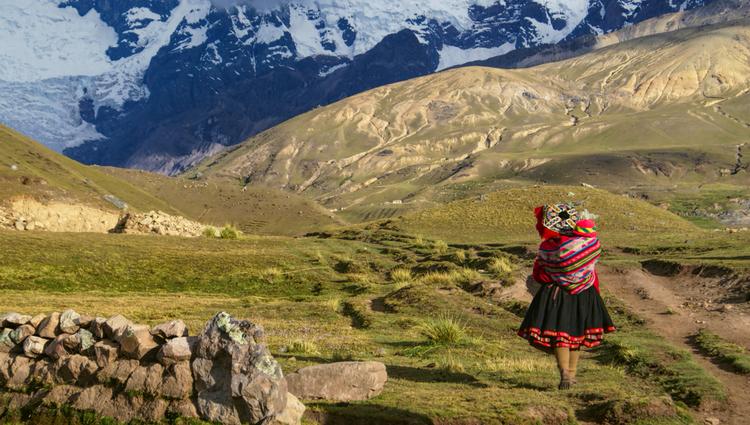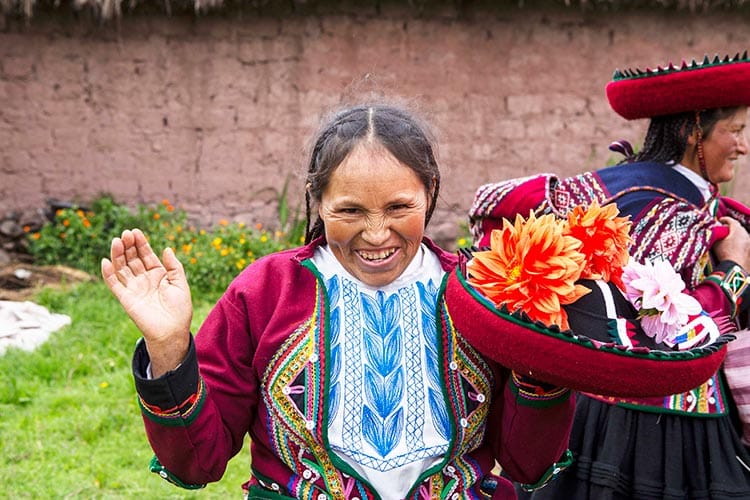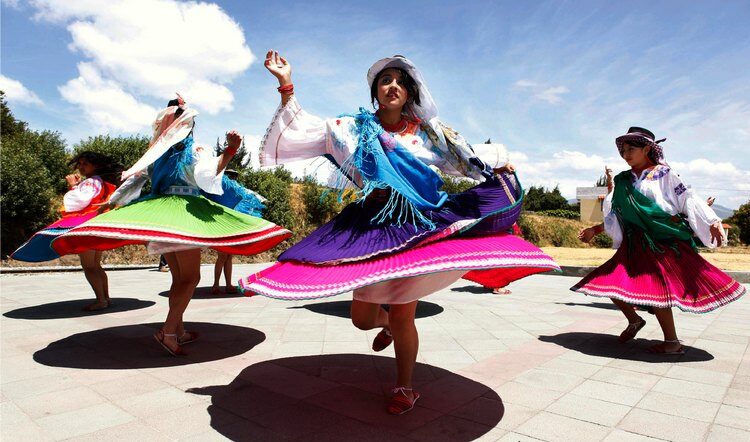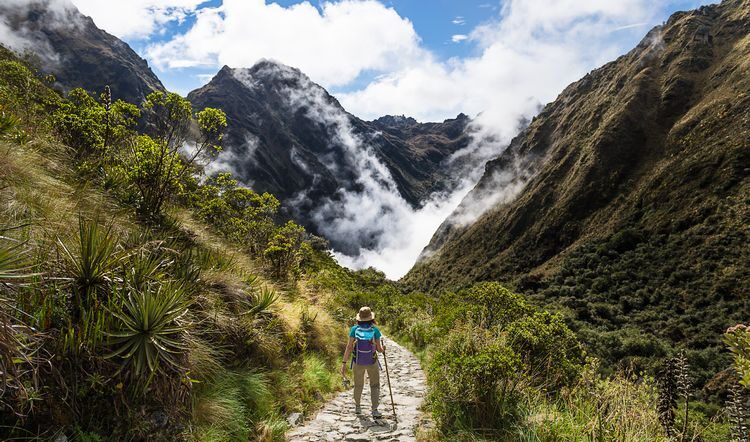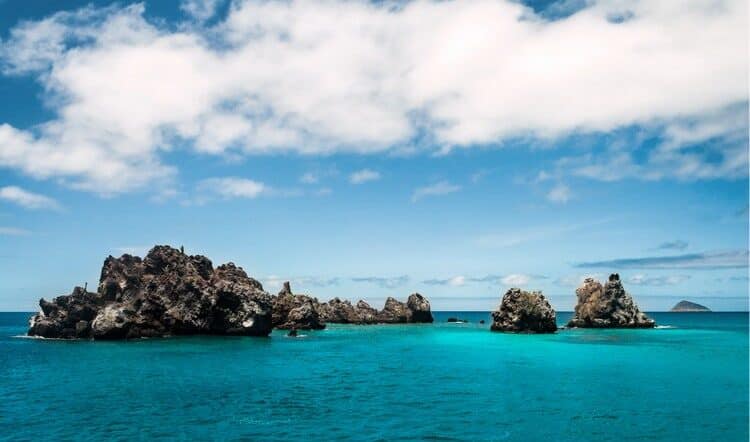You’ll have the chance to hear one of the most ancient and expressive languages in the world spoken during your custom Peru trip. Quechua, the language of the Incas, is enjoying a revival, due to its recognition as the most widely spoken Amerindian language. In recent decades, a renewed interest has arisen among modern educators, authors, and composers, who revere it as the original language of many of the indigenous people of the Andes.
Quechua is the mother tongue of close to ten million Amerindian people spread across Peru, Bolivia, Ecuador, Argentina, Colombia, and Chile. Over 64% of people in the Cusco district alone speak Quechua. Known as Runasumi (“language of the people”) by its native speakers, Quechua was once disparaged as a “second-class” language and has been in danger of extinction due in part to the fact that Spanish was designated as the “language of progress” dating from the days of the Conquest.
Largely a spoken language, nowadays Quechua is accepted as one of the official languages of Peru and is being studied at prestigious universities worldwide. The Latin alphabet has been adapted to its phonemes to enable it to be transcribed into print.
Here are some common Quechua words that you may use during your travel:
- Allianchu – Allianmi – This is a good start if you wish to greet the indigenous folks you’ll meet in Peru. Pronounced Ah-yee-yahn-choo, the first word means, “Hello, how are you?” The response, pronounced Ah-yee-an-mee, means, “I’m well, thank you.”
- Inti (the sun) – The sun is worshipped as one of the most important Quechua deities.
- Quilla (the moon) – Portrayed as female, the moon is the counterpart to Inti.
- Pachamama (the earth) – Often used in combination with other words, Pachamama is the Mother Earth
- Chullo– A hat with earflaps: you’ll see chullos worn all over the Andes.
- Yaku (water) – The Yakumama is the Water Mother, portrayed as a powerful gigantic snake in Quechua legend.
Here are some Quechua words that have been adopted into English. It may surprise you to learn of their Andean origin:
- Jerky – Comes from the Quechua work Charki, meaning dried flesh, and is used worldwide to denominate the dehydrated smoked meat eaten as a snack in many countries.
- Llama – This member of the camelid family is native to the Andes. The Andean pronunciation for the double ‘L” is like the “Y” in the English “Yawn.”
- Condor – This noble Andean raptor plays a central role in Quechua myth and legend. The original word is Kuntur.
- Puma – A name for mountain lion or cougar, the puma is a sacred animal among Andean people.
- Quinoa- In recent decades, this Andean grain-like seed from the Chenopodium family has become popular as a superfood worldwide.
- Poncho – The sweater with the hole in the middle that gives you the cozy feeling of wearing a blanket everywhere – the Quechua word for it is Punchu.
- Guano- From the Quechua Wanu, it is the word for seabird and bat droppings often used as fertilizer. Peru was once the world’s largest exporter of guano.
Interested in Quechua in the arts?
Peruvian recording artists, notably the rock and blues band, Uchpa (“ashes”), have recorded rock and blues songs with Quechua lyrics Here
The young Quechua vocalist, Renata Flores, raps about the empowerment of Amerindian women. Here
In literature, Professor Julio Noriega recently published a collection of Quechua poetry entitled Poesía Quechua en Bolivia (“Quechua Poetry in Bolivia”). The poems are presented in Quechua and Spanish.
In movies, a Peruvian father and son dubbed many scenes of the movie Coco into Quechua so that the Andean community could better enjoy the film – Here
Phuyup Yawar Waqaynin / The Bloody Tear of a Cloud by Gladys Camacho Rios is a novella about the author’s Quechua grandparents’ traditional lives in central Bolivia. The bilingual edition is in Quechua and English.
Finally, if you take the time to study Judith Noble’s Introduction to Quechua before your arrival, you’ll surprise and delight the Quechua speakers you’ll meet during your custom Peru trip.

